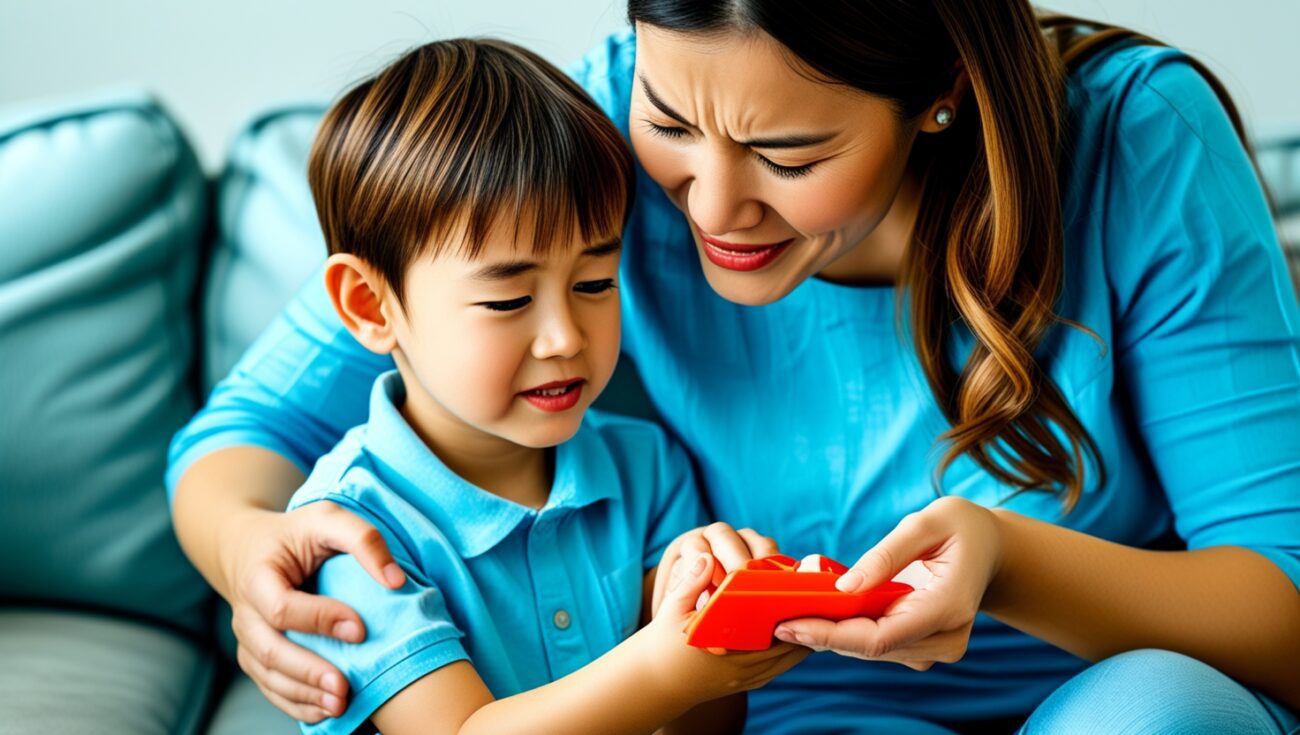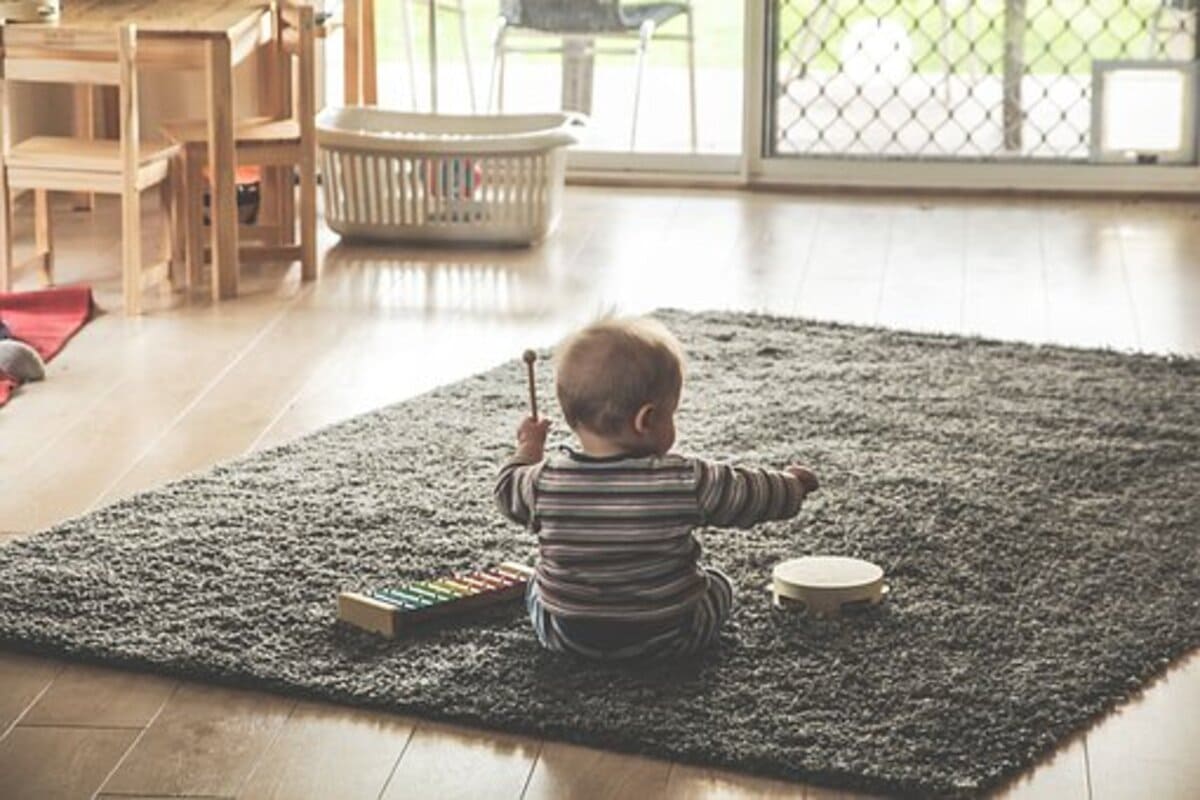Blog
How to Teach Kids Accountability for Their Actions

Teaching kids’ accountability is one of the most important lessons parents can offer. Accountability helps children develop responsibility, empathy, problem-solving skills, and strong character. If your child often avoids taking responsibility, blames others, or struggles to understand the consequences of their actions, don’t worry — you’re not alone. In this article, we’ll explore simple and effective strategies for teaching kids to be more accountable, helping them grow into responsible, confident individuals.
📹 Don’t forget to watch the full video on this topic!
1. Set Clear Expectations and Boundaries
Before children can be held accountable, they must first understand what is expected of them. Setting clear rules and boundaries lays the foundation for responsibility.
- Establish Clear Rules: Be specific about expectations, like “Complete your homework before screen time” or “Clean up toys after playing.”
- Discuss Consequences: Explain ahead of time what will happen if they don’t meet expectations — for example, losing privileges.
- Be Consistent: Always follow through with consequences. Consistency helps kids learn that actions have predictable results.
2. Lead by Example
Children learn accountability best by watching their parents. Your actions set the standard.
- Own Your Mistakes: Show your child that it’s okay to admit when you are wrong and to make amends.
- Demonstrate Problem-Solving: Talk your child through how you address your own mistakes or challenges, encouraging proactive behavior.
3. Encourage Reflection on Actions and Consequences
Reflection helps kids connect their actions to real-world effects.
- Ask Reflective Questions: After incidents, ask questions like, “What could you have done differently?”
- Discuss Emotional Impact: Help children understand how their actions affect others, building empathy and emotional intelligence.
- Promote Self-Reflection: Encourage kids to think about better choices for the future.
4. Use Age-Appropriate Consequences
Applying fair consequences helps children understand responsibility without feeling unfairly punished.
- Natural Consequences: Let real-world results happen when safe, like forgetting lunch leading to being hungry at school.
- Logical Consequences: Make consequences directly related to actions, such as not picking up toys meaning losing playtime.
- Avoid Harsh Punishment: Focus on teaching and growth rather than fear or shame.
5. Reinforce Positive Accountability
Positive reinforcement is key to encouraging responsible behavior.
- Praise Responsibility: Celebrate when your child admits mistakes or fulfills responsibilities.
- Acknowledge Efforts: Recognize when they try to fix a mistake or improve behavior.
- Create Opportunities: Give them daily responsibilities like chores or managing their belongings.
Helping children develop accountability isn’t just about correcting mistakes — it’s about teaching life skills that lead to better choices and stronger character. By setting clear expectations, leading by example, encouraging reflection, applying fair consequences, and reinforcing positive behavior, you can raise a child who owns their actions with pride.
Consistency, patience, and encouragement are your best tools.
📺 Check out the full video for even more examples and practical tips!


















